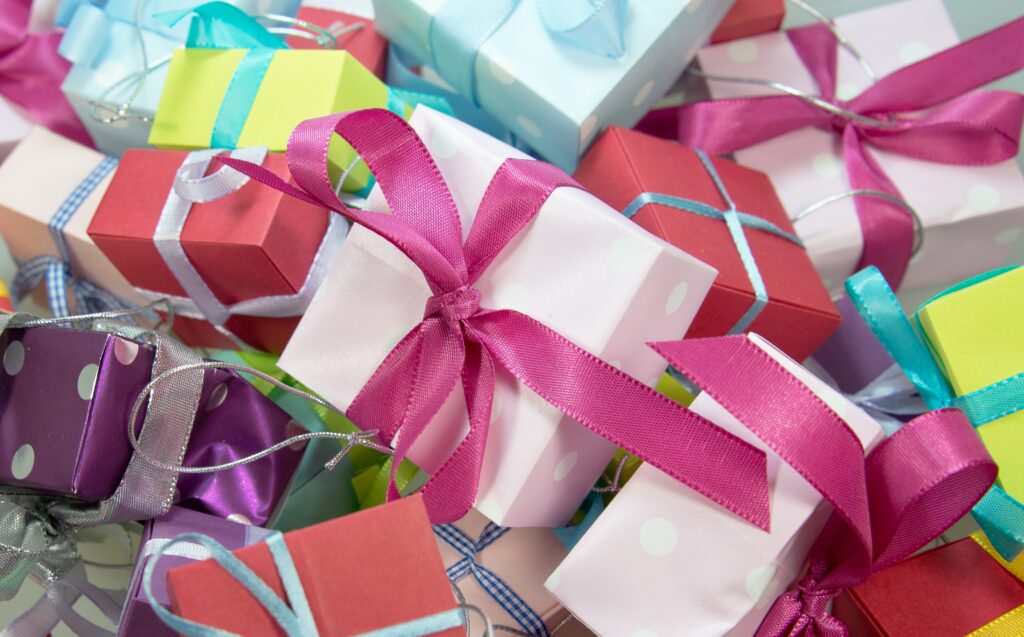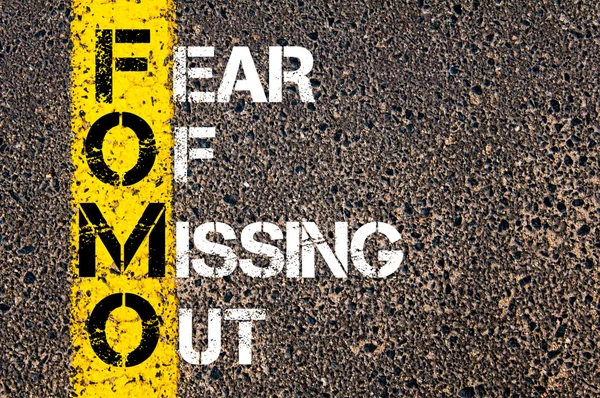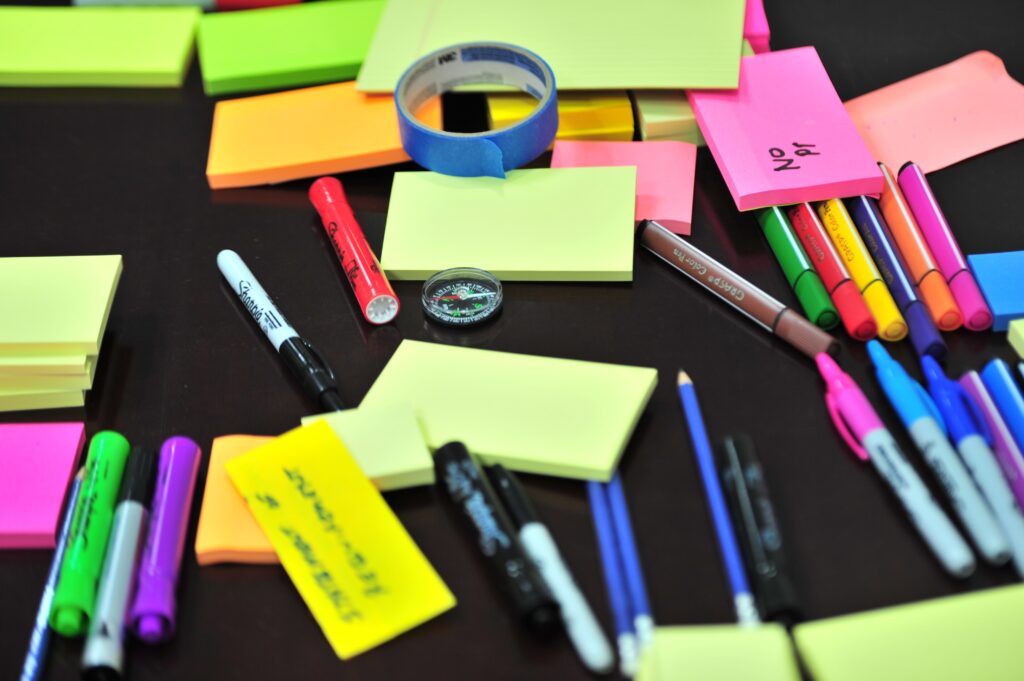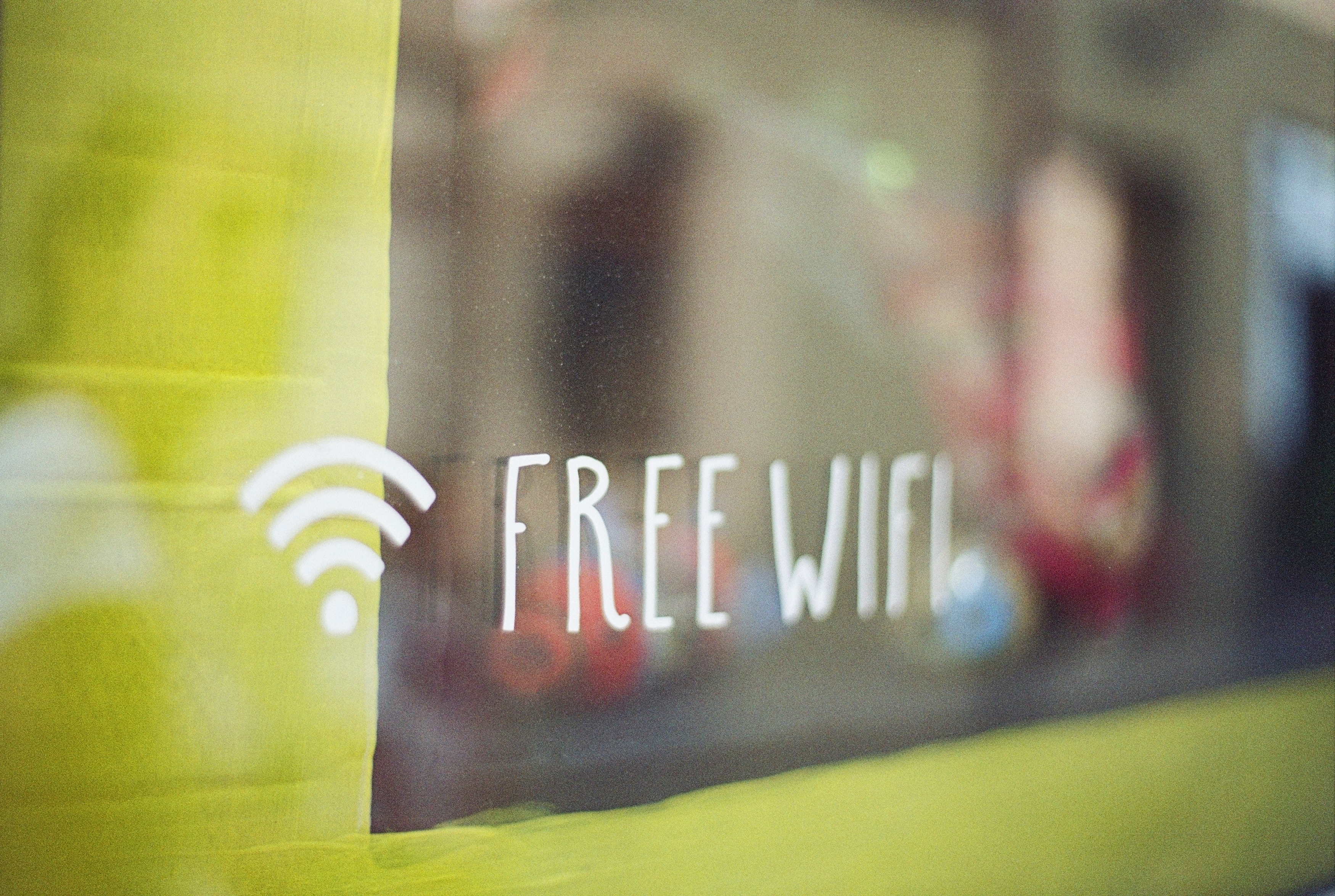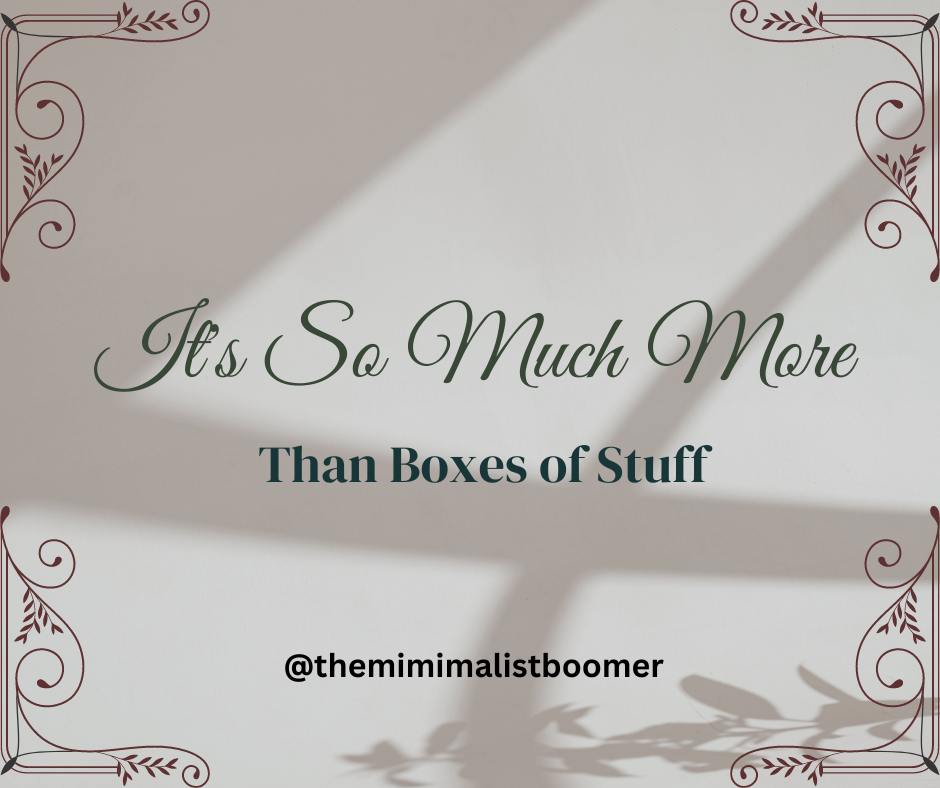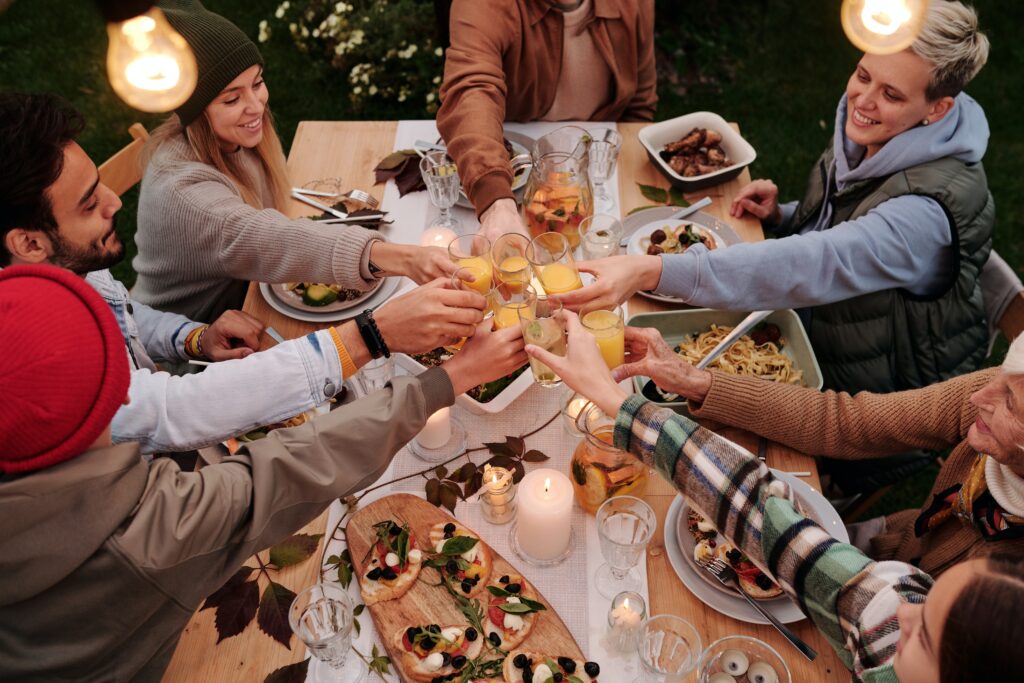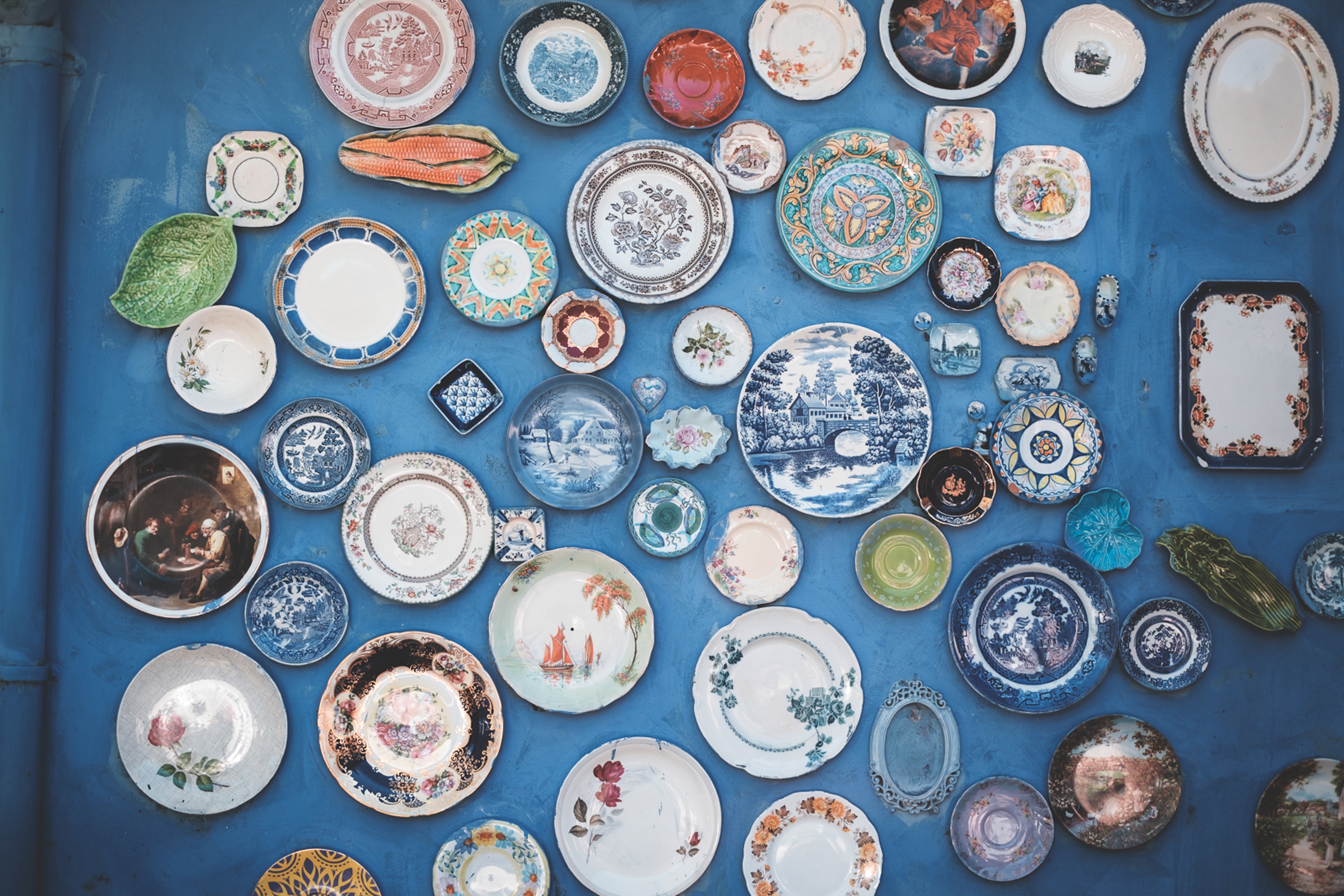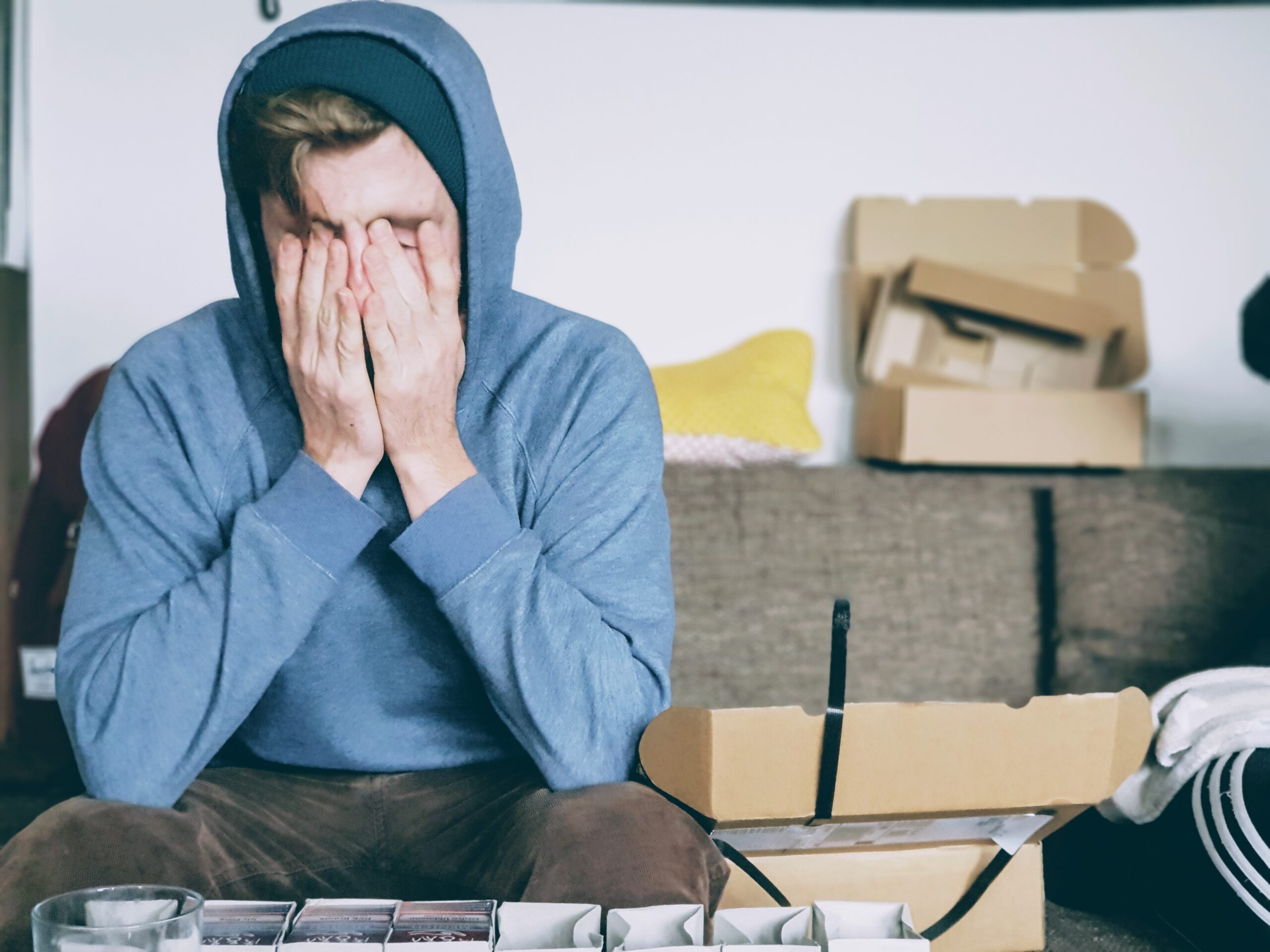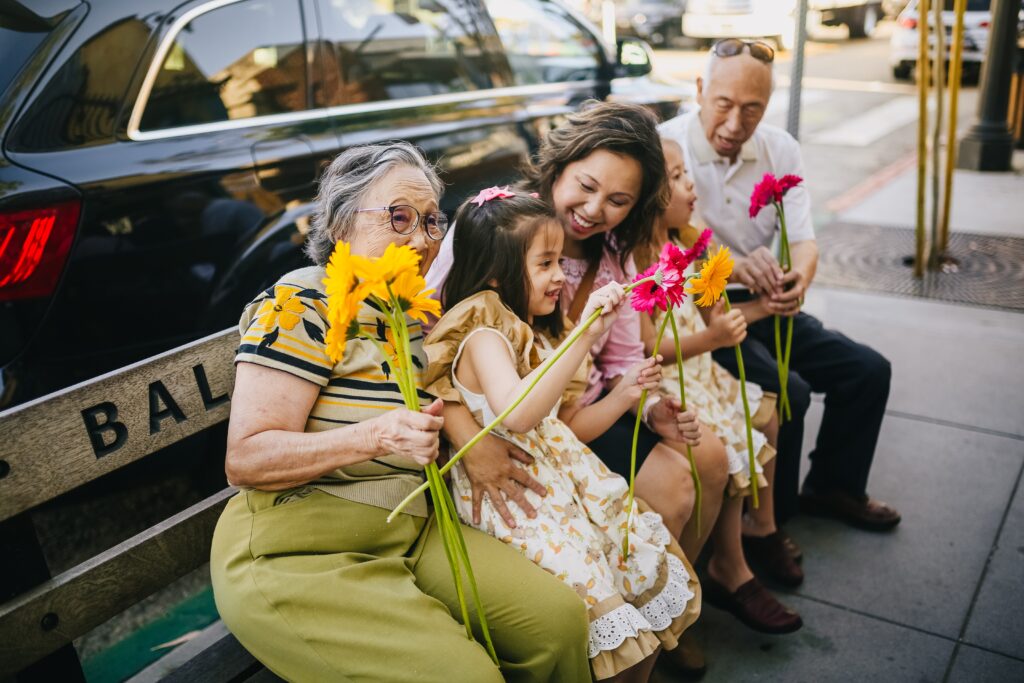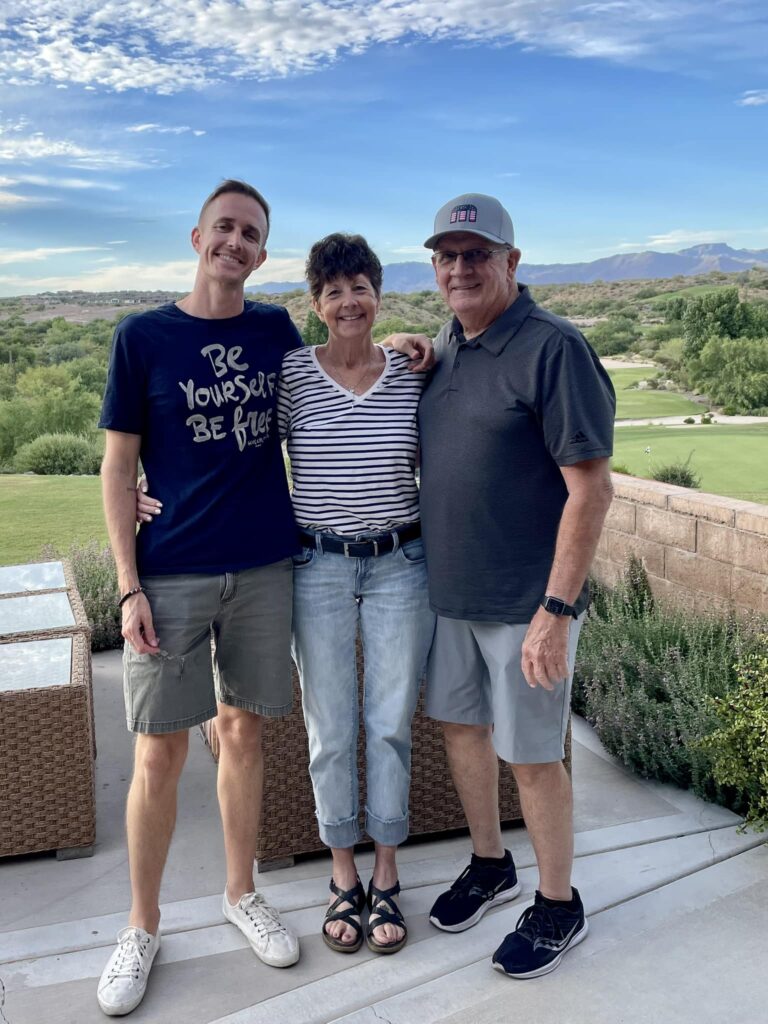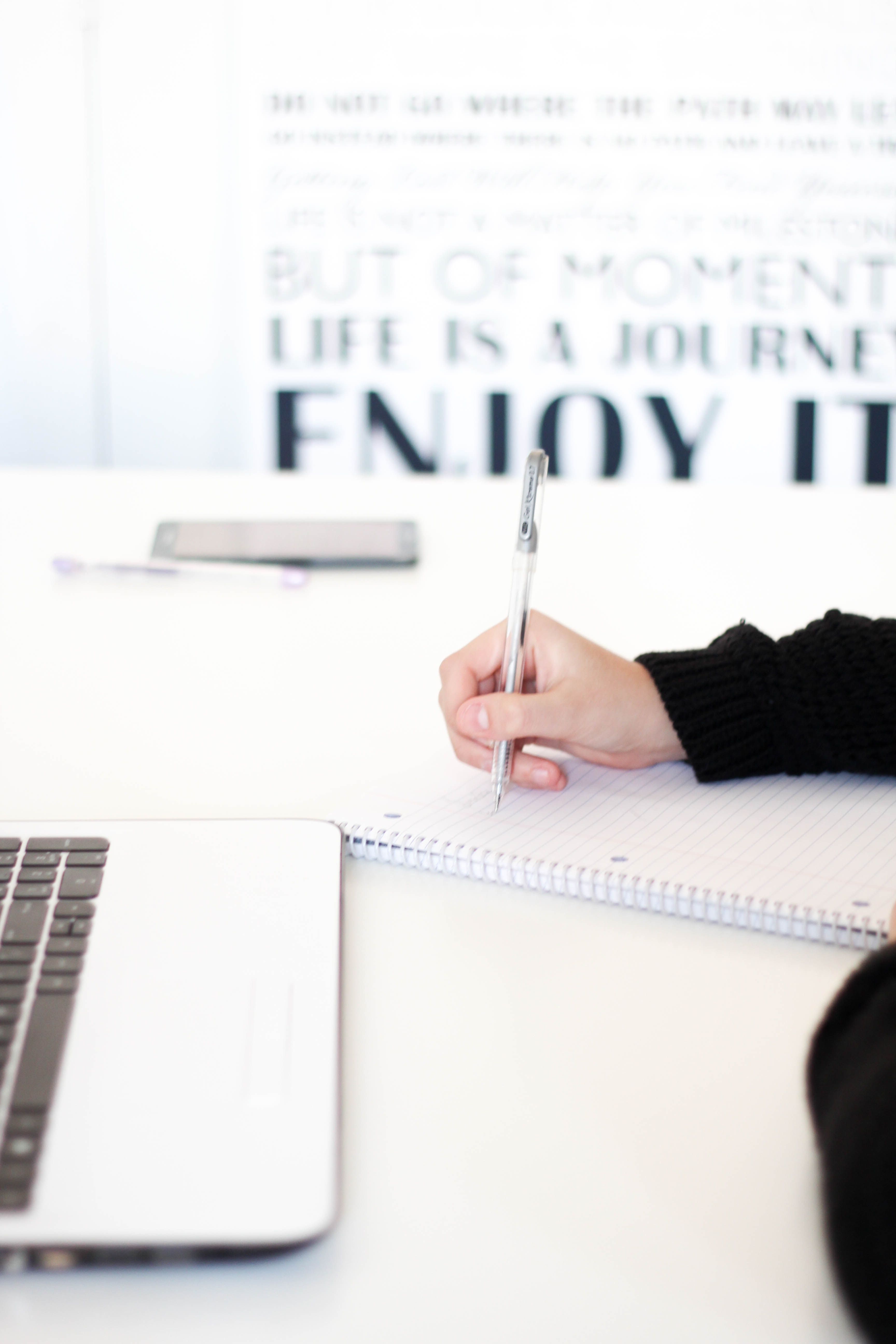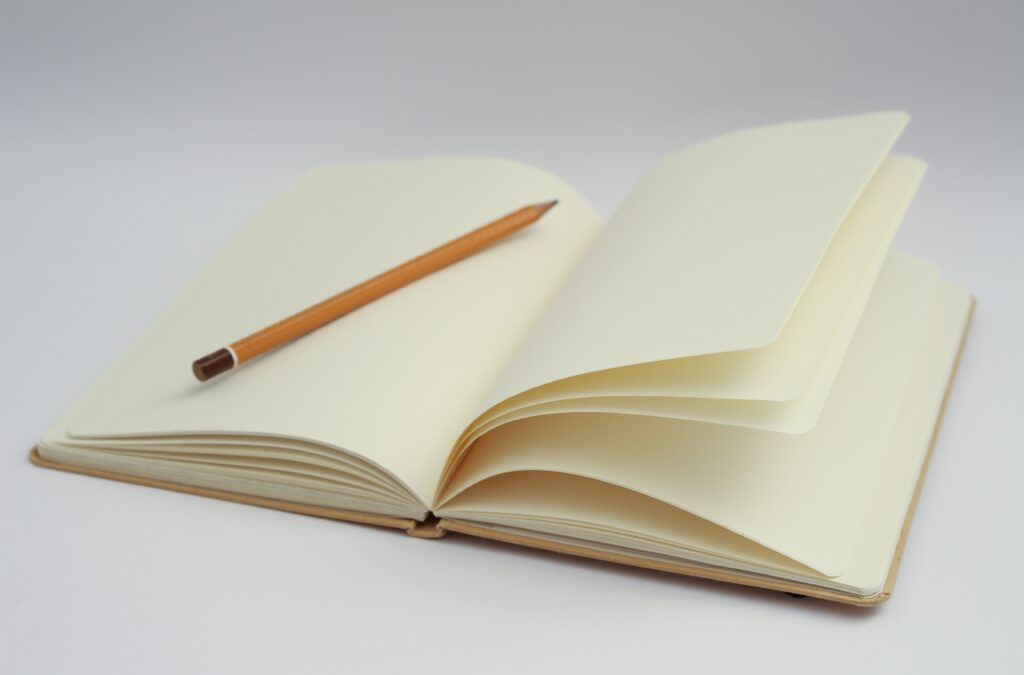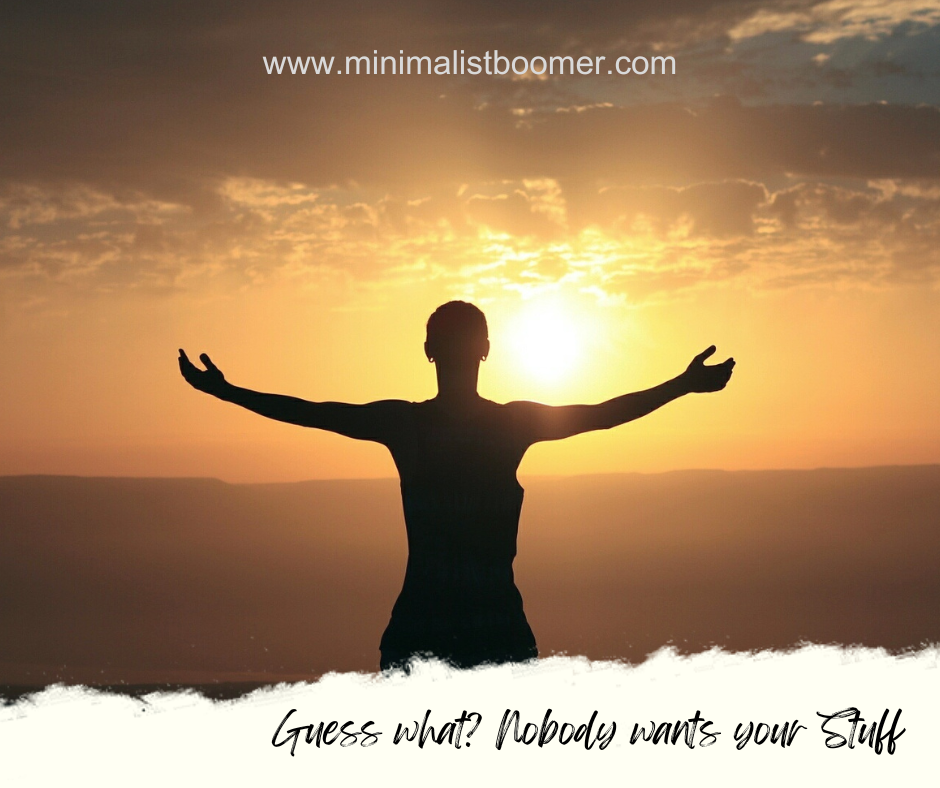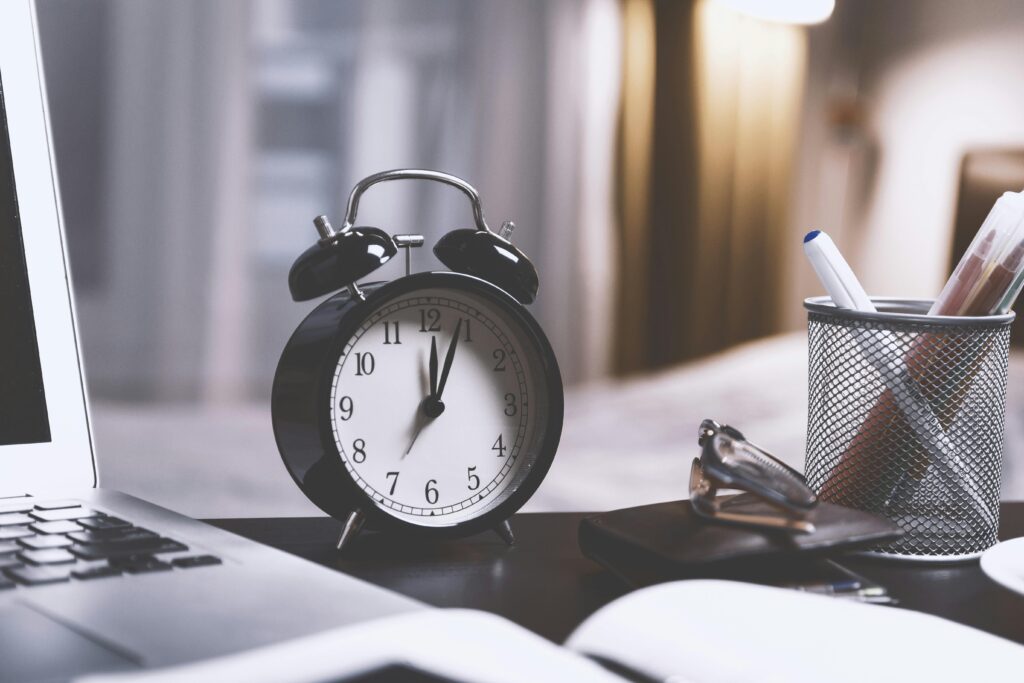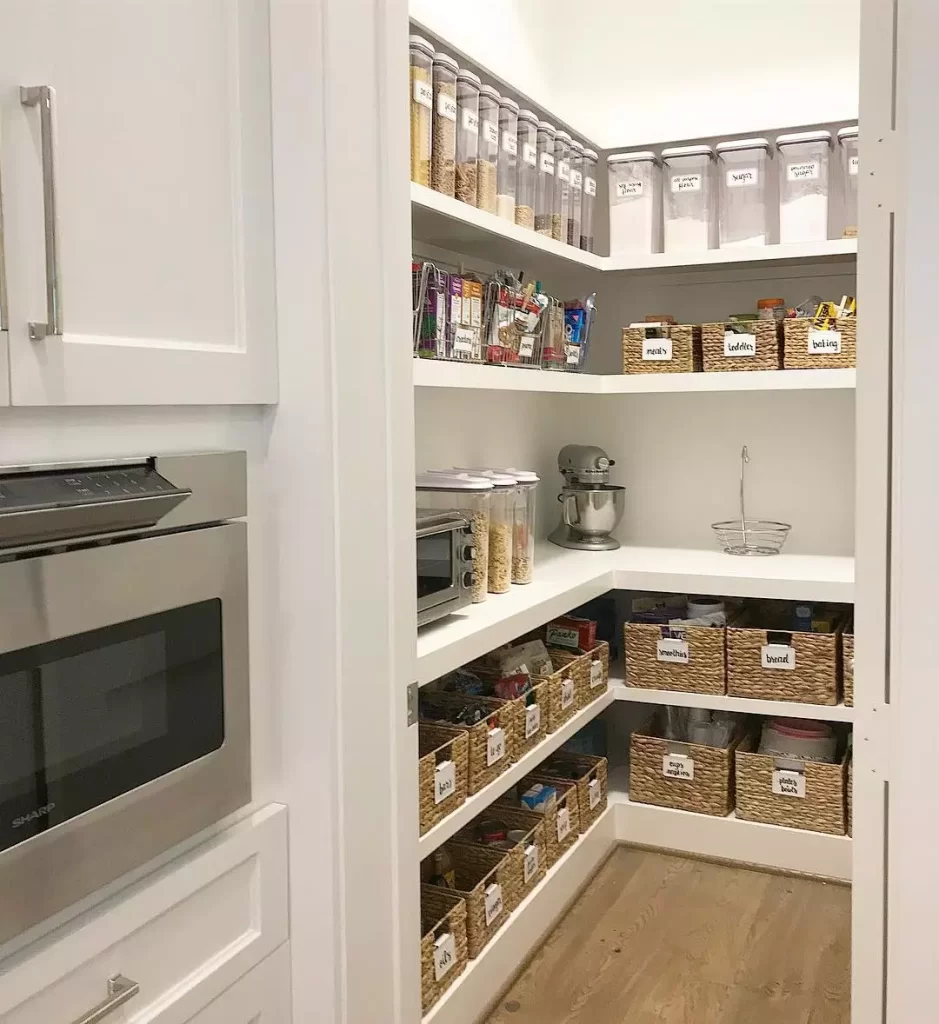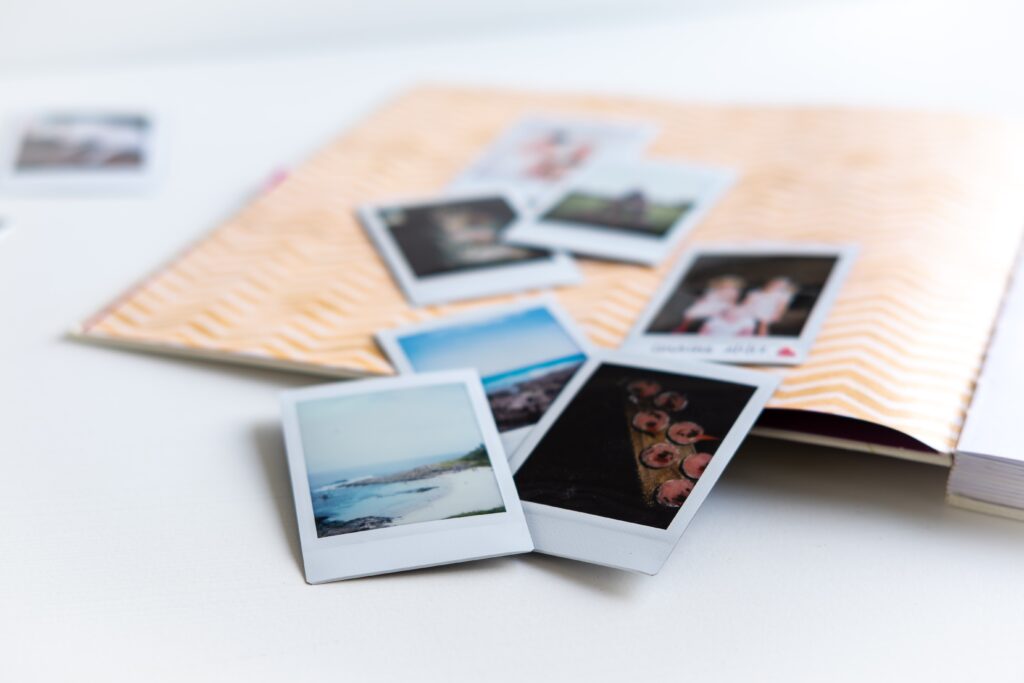On Sale– these two words can stir up a wave of excitement. But to a minimalist, it’s a different story. The idea of owning only what’s needed, not what is simply desired, is a key aspect of the minimalist lifestyle. It’s about finding freedom from the modern world’s obsession with more – more stuff, more clutter, more stress.
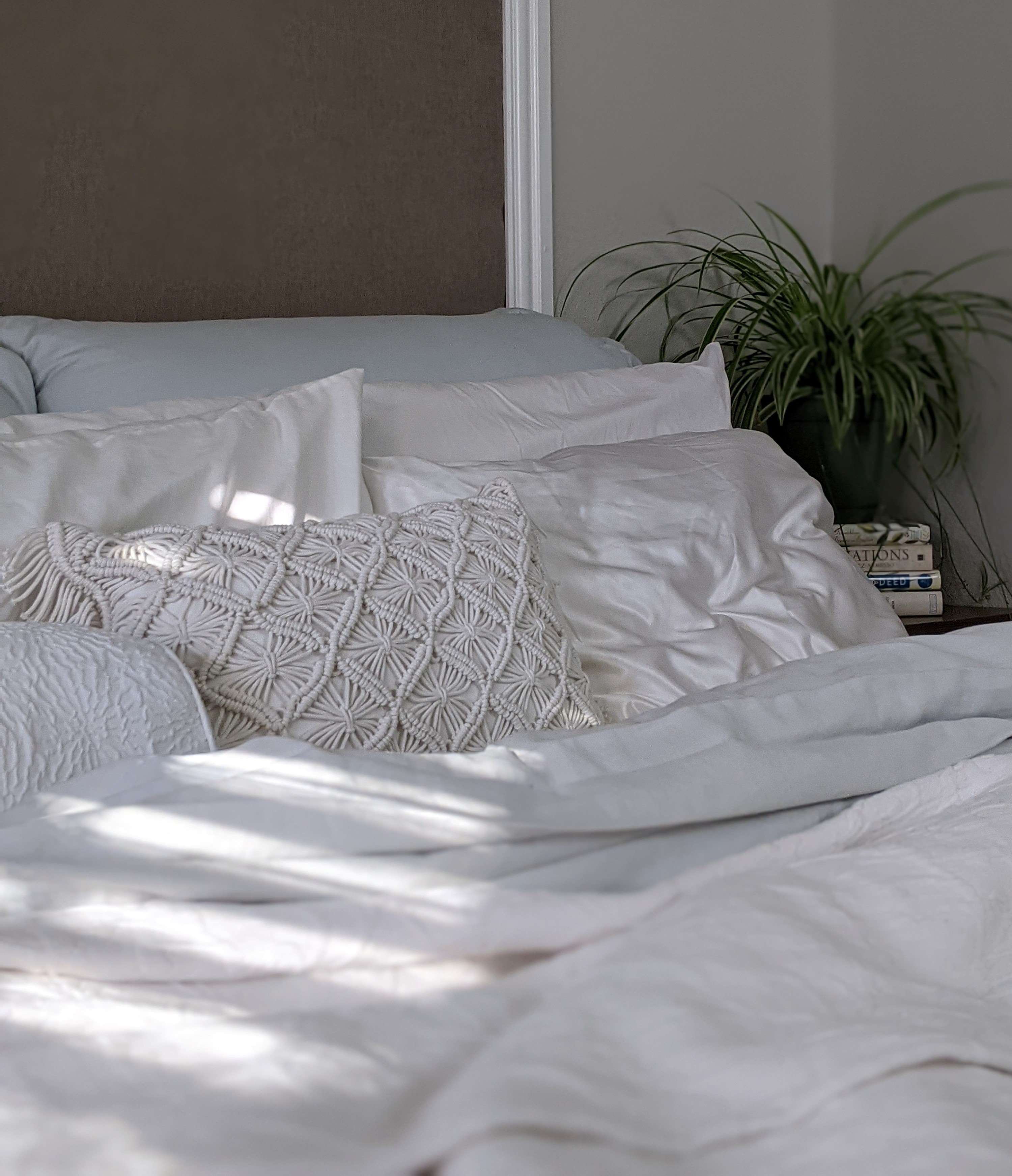
We still must shop on occasion though! For example, we need new bedding. I’ve been aware of this need for a few weeks, and I began researching the type of bedding I wanted to purchase. This is an investment for us because I always buy very good quality sheets which last for a few years. After doing my research and making my decision, I waited. Along came the 4th of July sales and that was my time to pull the trigger! By waiting just a couple of weeks, I saved 25%, about $200, for the bedding I wanted. To me, that is worth the wait.
The Minimalist’s Approach to Sales

A minimalist’s approach to buying things on sale involves being intentional and deliberate. Instead of indulging in impulsive purchases, a minimalist carefully considers whether the item is necessary or adds value to their life. We prioritize quality over quantity, valuing long-lasting and versatile items that can fulfill multiple purposes.
When it comes to sales, a minimalist focuses on seeking out essential items that are genuinely needed, rather than being lured in by the appeal of discounted prices. By adopting this mindset, we can avoid clutter, save money, and maintain a streamlined lifestyle.
Assessing the Need
Before making any purchase, it’s essential to assess the need behind it. Ask yourself questions like:
- Is this item something I genuinely need, or is it a want?
- Will this purchase add value to my life or enhance my well-being?
- Can I find an alternative solution or repurpose something I already own?
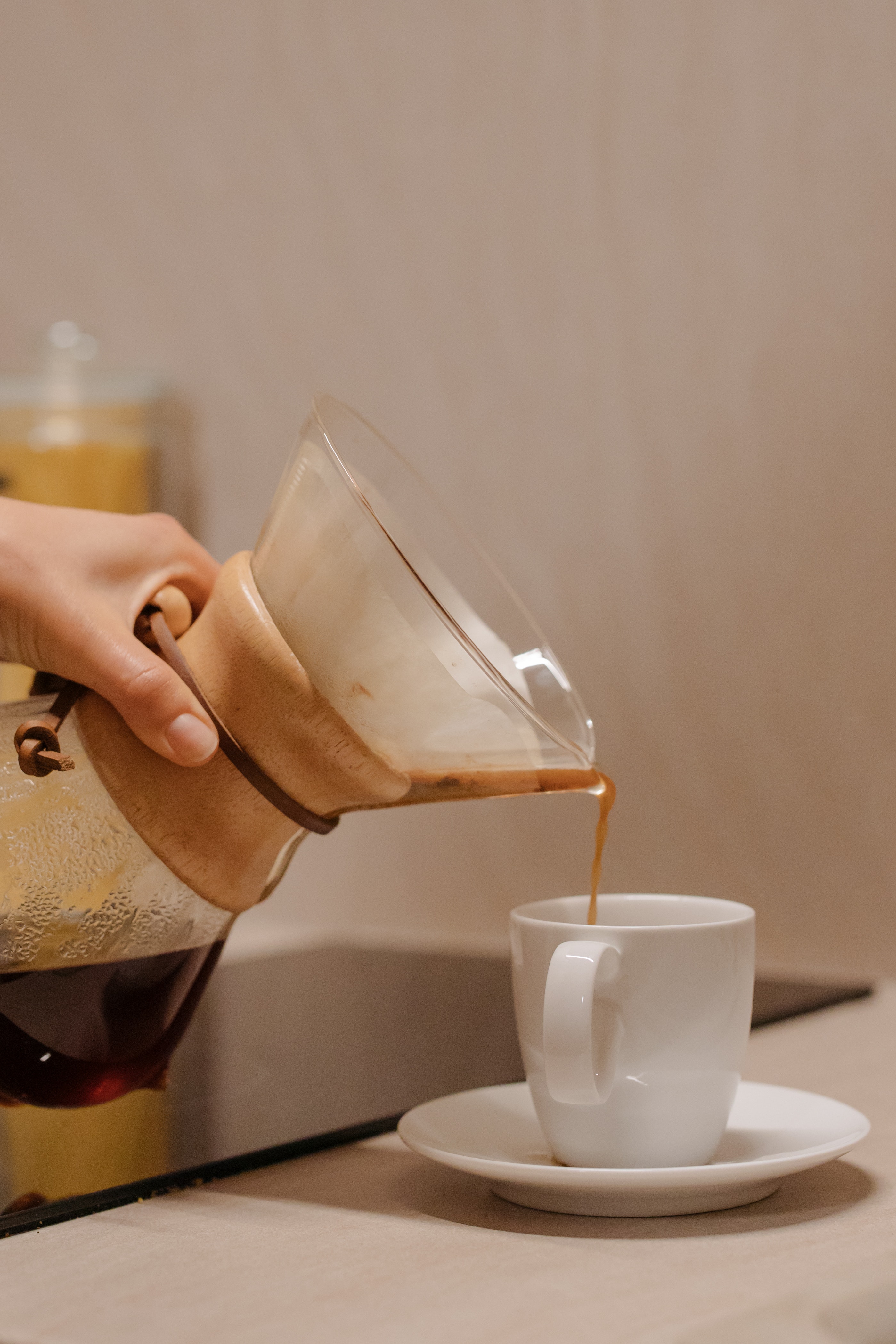
By critically evaluating your needs, you can avoid unnecessary purchases and focus on acquiring items that truly align with your values and lifestyle.
Prioritizing Essential Purchases
“A bargain isn’t a bargain unless it’s something you need.” – Sidney Carroll
Minimalists prioritize essential purchases to avoid accumulating unnecessary possessions. To determine what is essential, consider:
- Identifying your core values and needs
- Setting clear goals and priorities
- Investing in high-quality, versatile items
By focusing on what actually matters to you, you can make purchasing decisions that align with your minimalist philosophy and long-term goals.
Avoiding Impulse Buying

Impulse buying can lead to regret and clutter. To avoid succumbing to impulsive purchases, keep in mind these strategies:
- Create a waiting period before making a purchase
- Consider the long-term value of the item
- Stick to a shopping list and avoid browsing aimlessly
By implementing these tactics, you can resist the temptation of instant gratification and make conscious choices that contribute to a more minimalist lifestyle.
Tips for Shopping Sales as a Minimalist
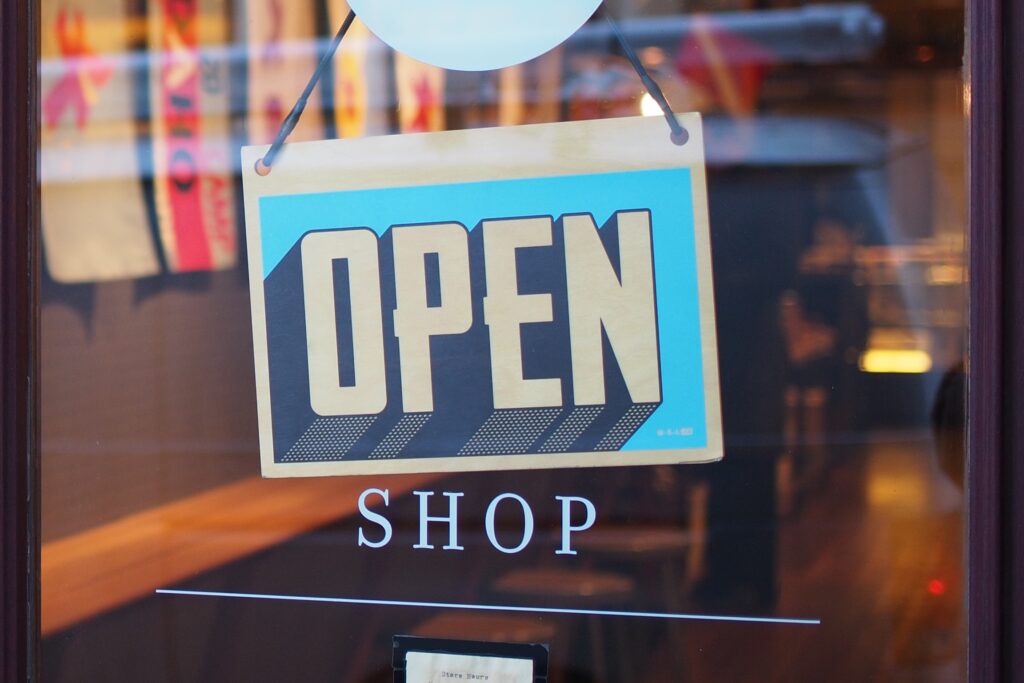
As minimalists, we understand the importance of making intentional choices when it comes to our purchases. Shopping sales can be a great opportunity to find quality items at a discounted price, but it’s essential to approach these sales with a clear plan in mind. Here are some tips to help you navigate sales as a minimalist:
Planning Ahead
Before diving into the realm of sales, take some time to evaluate your needs. Consider what items would enhance your life and define your priorities. This will help to avoid impulse purchases and focus on finding the right items.
Researching Prices and Brands

When it comes to shopping sales, knowledge is power. Researching prices and brands beforehand allows you to make informed decisions. Compare prices across different retailers to ensure you’re getting the best deal for the same quality. Familiarize yourself with brands that align with your values, such as those known for their durability or sustainable practices.
Setting a Budget
One of the key principles of minimalism is mindful spending. Before engaging in any sale, it’s crucial to establish a budget. Determine how much you’re willing to spend and stick to it. By setting a clear limit, you can avoid unnecessary purchases and maintain control over your finances.

Remember, as a minimalist, it’s not about acquiring as many items as possible, but rather about choosing items that add value to your life. Shopping sales with intention and purpose allows you to make the most of these opportunities while staying true to your minimalist philosophy.
Investing in Durable and Timeless Pieces
“Buy less. Choose well. Make it last. Quality, not quantity.” – Vivienne Westwood
Try to choose items that are built to last which allow us to reduce waste and minimize our consumption in the long run. Instead of following passing trends, focus on timeless designs and classic styles that will stand the test of time.
Adopting a minimalist viewpoint can greatly enhance our lives. By focusing on the essentials and decluttering our physical and mental spaces, we can experience a newfound sense of freedom and clarity.
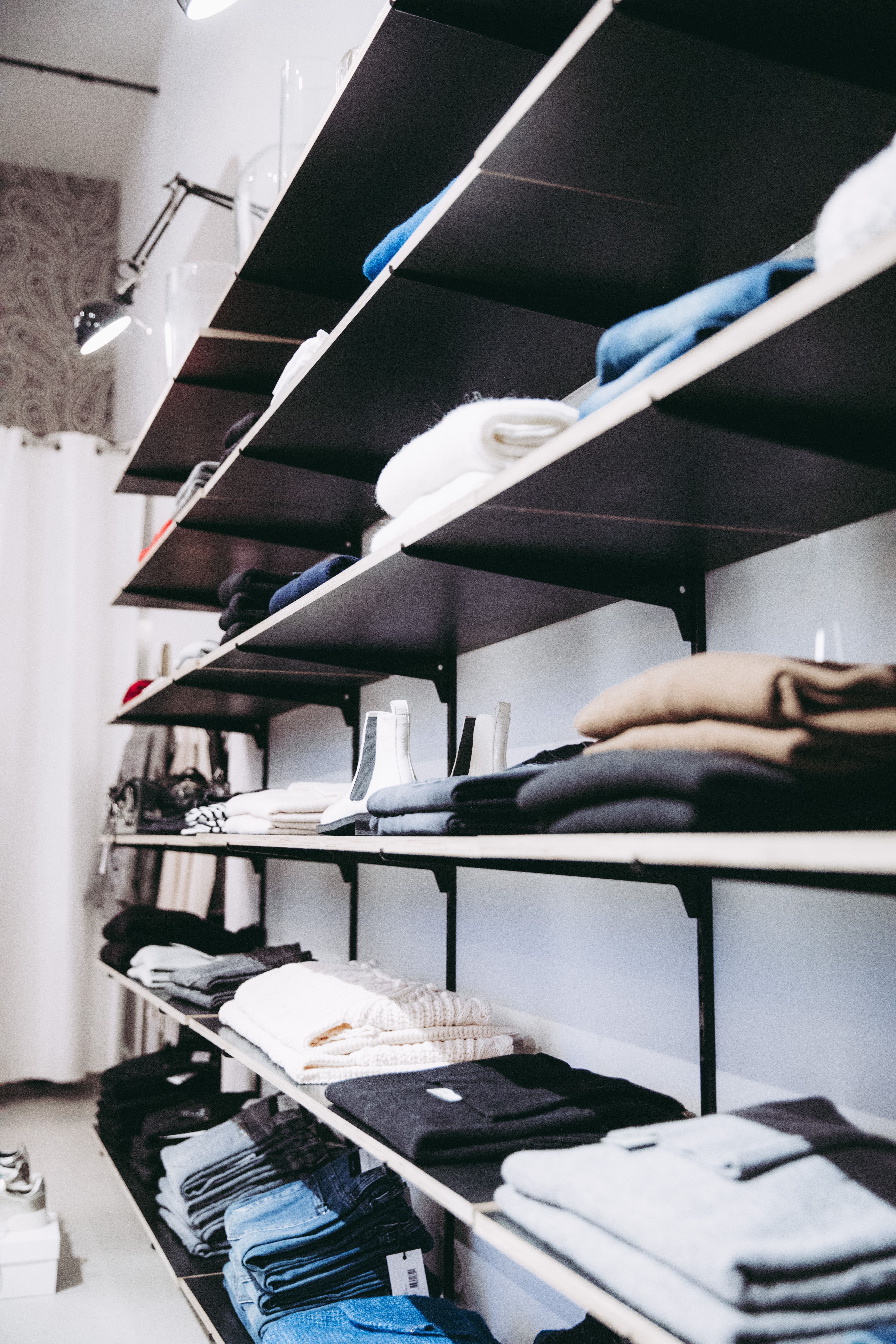
Approaching sales from a minimalist’s perspective allows you to make thoughtful choices that align with your values. Instead of getting caught up in the frenzy of discounts and impulse buying, take a step back and evaluate if the item adds value to your life. By being intentional with your purchases, you can create a carefully selected collection of items that bring you joy and serve a purpose, without cluttering your space or draining your wallet.



